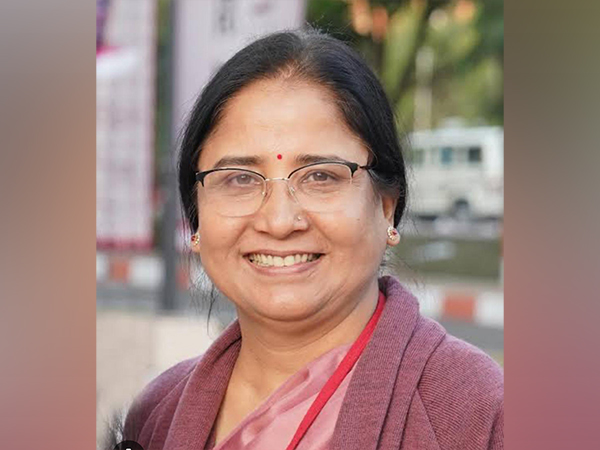Uttarakhand Sets Benchmark with Implementation of Uniform Civil Code
Uttarakhand has become the pioneering state to implement the Uniform Civil Code (UCC), a significant constitutional move aimed at eradicating legal discrimination. This landmark initiative ensures equal rights for all citizens and garners socio-economic security for women and children, while fortifying marriage as an institution.

- Country:
- India
Professor Surekha Dangwal, an influential figure of the committee behind Uttarakhand's Uniform Civil Code (UCC) and Vice Chancellor of Doon University, has resolutely spoken on the socio-economic reinforcement the UCC provides for women and children, alongside bolstering matrimonial institutions. Highlighting the core of the UCC as a tool against gender discrimination, she emphasized its role in establishing equality.
In light of numerous cases where women were unaware of their husbands' polygamous practices under the guise of religious customs, Dangwal noted the UCC's provision for mandatory marriage registration as a deterrent against such fraud. This regulation, she explained, would curtail the clandestine marriages of underage girls, thus ensuring their continued education prospects.
Prof. Dangwal elaborated on the UCC's inclusivity, granting equal property rights to spouses, children, and elderly parents upon a person's demise. Children from live-in relationships would receive inheritance rights akin to those born within marriage, fostering responsibility within such unions. She assured that through its explicit guidelines, UCC would reduce legal disputes.
Advocating constitutional rights, Dangwal referenced the existing provisions under the Special Marriage Act, which respects individual partner choice while also having a mechanism for parental notification in specific cases. The UCC's alignment with existing conversion laws aims to prevent exploitative incidents termed 'love jihad.'
Uttarakhand's Chief Minister Pushkar Singh Dhami officially launched the UCC on January 27, setting a precedent in Indian legislative history. He declared the date 'UCC Diwas,' signifying its monumental role in India's post-independence narrative. Consulting over 235,000 stakeholders, the committee drafted the UCC, which Dhami hailed as a tribute to Dr. BR Ambedkar and the architects of India's Constitution.
Dhami clarified that the UCC transcends religious or sectarian boundaries, targeting social injustices to foster equality. By prohibiting outdated practices like halala and triple talaq, the UCC enhances women's rights and safety. Applicable to Uttarakhand's populace, including its diaspora, the law exempts Scheduled Tribes and protected persons.
(With inputs from agencies.)
ALSO READ
IDB: Stronger Competition Could Lift LAC Incomes 11% and Cut Inequality 6%
Latin America Jobs Recover in 2025, but Informality and Inequality Persist
Addressing Marital Rape: Shashi Tharoor Calls for Legal Reform
Celebrating Bharathi: A Torchbearer of Tamil Culture and Equality
The Battle for Equality: Women SSC Officers in the Indian Air Force Seek Permanent Commission










